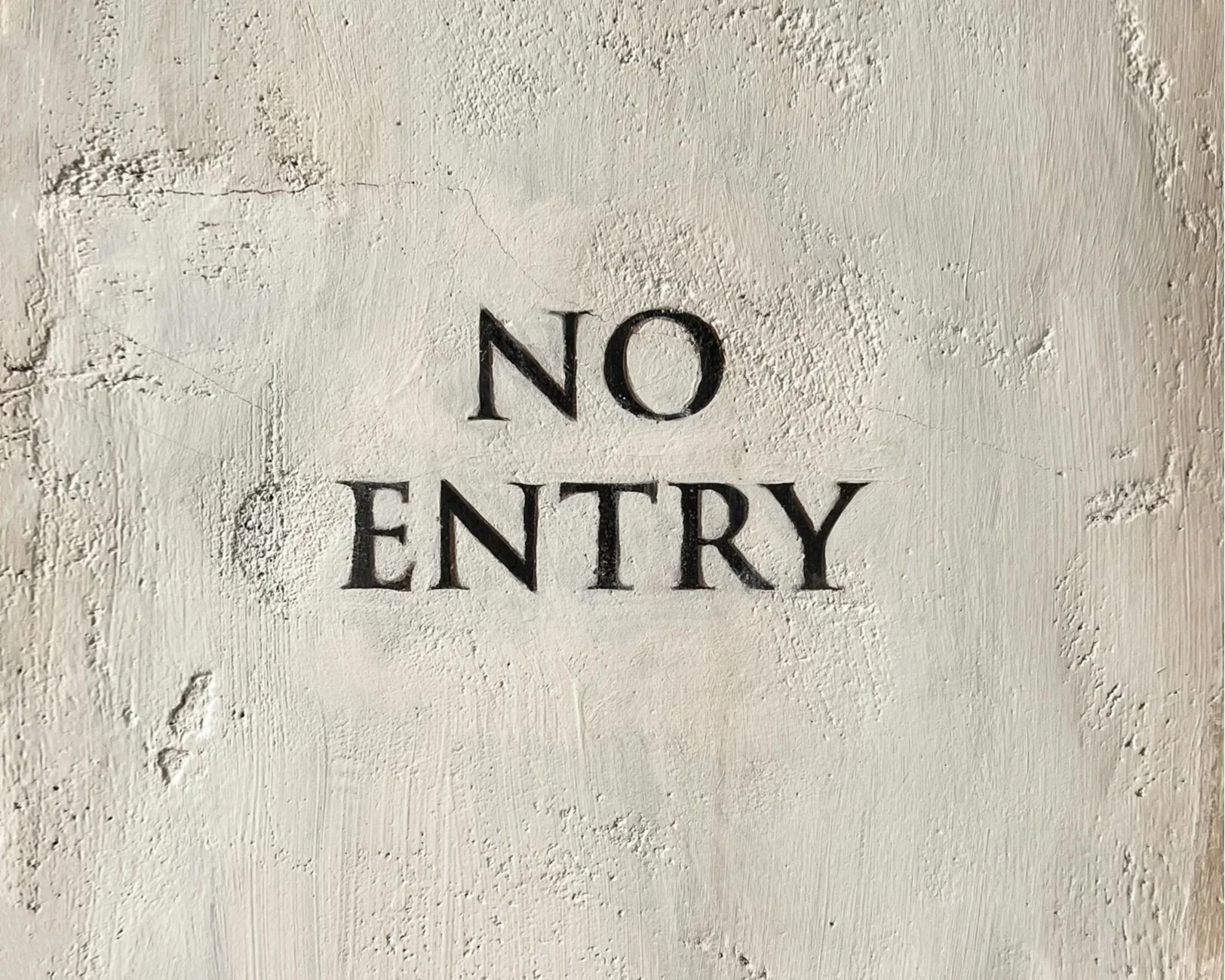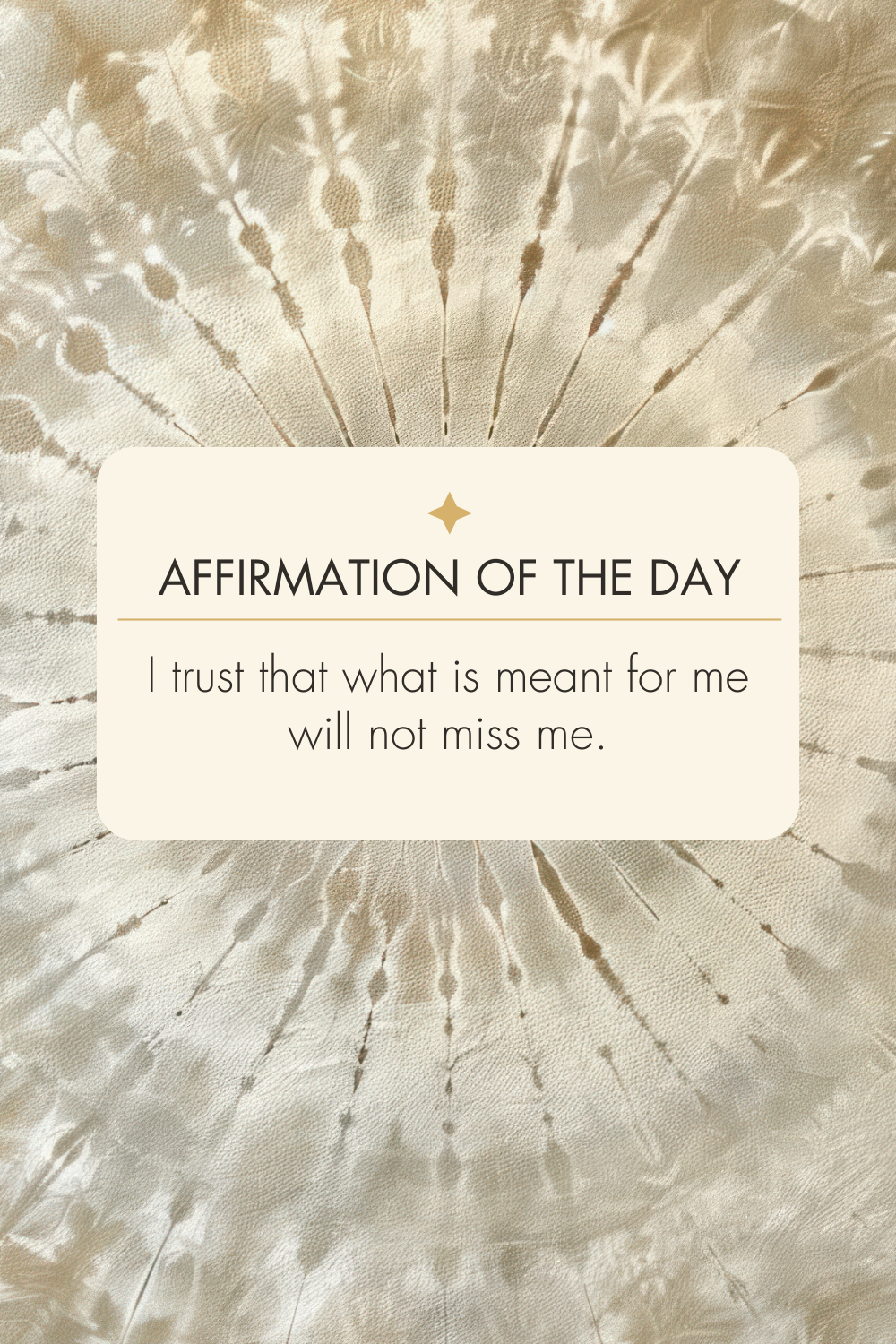The Psychology Behind Rejection — and How to Overcome That Feeling
Rejection hurts.
Whether it’s being passed over for a job, feeling excluded from a social group, experiencing a romantic heartbreak, or receiving criticism on something deeply personal — that sting is real. And if you’ve ever found yourself wondering, “Why does this hurt so much?”, you’re not alone. The emotional weight of rejection is something most of us have felt, and science shows us that it’s far more than just “taking it personally.”
Let’s talk about why rejection hits so hard — and how you can overcome that feeling in a healthy, empowering way.
Rejection doesn’t just hurt emotionally — it registers in the same area of the brain as physical pain. Specifically, the anterior cingulate cortex, which processes the distress of both physical injury and emotional pain, lights up during moments of rejection. That’s why a breakup or a friend’s silence can feel almost physically painful.
And evolution has something to do with this. Human beings are wired for connection and belonging. Thousands of years ago, being rejected from your social group could mean losing access to safety, food, and protection. So our brains developed to perceive rejection as a threat to survival — triggering stress responses, self-doubt, and hyper-awareness.
That wiring still lives in us today, even if the risks aren't life-threatening anymore. So when we feel left out, judged, or dismissed, our brains go into overdrive trying to protect us even if it just results in anxious spirals or walls going up.
The Emotional Fallout of Rejection
Rejection can cause:
Self-doubt: “What’s wrong with me?”
Shame: “I’m not good enough.”
Overgeneralization: “This always happens to me.”
Withdrawal: “I don’t want to put myself out there again.”
The key thing to understand is that these reactions are natural — but they’re not necessarily true. Rejection doesn’t mean you’re unworthy. It means something didn’t align — and sometimes, that misalignment has little or nothing to do with your value as a person.
Reframing Rejection: A Healthier Perspective
1. Rejection is often redirection.
What feels like a dead end is often just the universe rerouting you toward something better. That job you didn’t get? It may have led you to one that fits you more deeply. That relationship that ended? It may have cleared space for one that's more aligned with who you're becoming.
2. It’s not always about you.
Sometimes rejection happens because of timing, circumstances, or other people’s internal struggles. Try not to take it as a reflection of your worth. Often, it says more about the situation than about you.
3. You’re building resilience.
Every time you face rejection and keep going, you’re building emotional strength. The sting lessens, your sense of self becomes more grounded, and your fear of “what if it happens again?” starts to lose power.
How to Overcome the Feeling of Rejection
1. Talk to yourself like you would a friend.
Be compassionate. Say things like, “That was painful, but it doesn’t define me. I’m still worthy of love, success, and belonging.” The more you practice self-kindness, the more quickly you’ll bounce back.
2. Let yourself feel it — but don’t let it take over.
Don’t rush to “just get over it.” Sit with the discomfort. Journal. Cry. Process. But then gently guide yourself out of the spiral. Feeling your feelings is healthy — dwelling in them isn’t.
3. Reflect and learn.
Ask:
What did this teach me?
Was I trying to fit somewhere I didn’t truly belong?
What can I do differently next time — if anything?
This turns rejection into growth, not defeat.
4. Keep showing up.
Rejection often makes us want to shrink, avoid, or stop trying. But that’s how we let fear take over. Instead, take small steps to re-engage. Apply for another job. Share your work again. Open up to someone new. Courage grows through action.
Rejection can bruise the ego and rattle the heart — but it doesn’t have to break you. When you learn to see rejection not as a verdict, but as a redirection, you begin to claim back your power.
So the next time you face rejection, pause. Breathe. Feel it. Learn from it. Then take one small step forward — knowing that your worth is not on trial. You are already enough.
Want to go deeper?



